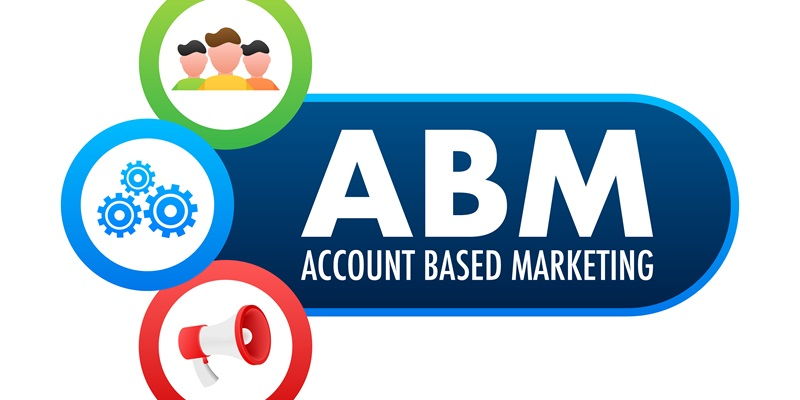In the high-pressure arena of B2B marketing, striving for remarkable growth is paramount, and Account-Based Marketing (ABM) stands out as an effective strategy. ABM transcends traditional marketing by tailor-fitting campaigns to specific business accounts, ensuring that each customer’s unique needs are at the forefront. This approach emphasizes a level of personalization that general marketing techniques simply can’t provide. By engaging with individual accounts, marketers can connect their efforts more directly to actual sales outcomes, aligning closely with a company’s strategic goals. This targeted method not only heightens the relevance of marketing messages but also enhances the overall customer experience, fostering deeper relationships and potentially greater profitability. In the quest for business expansion, ABM offers a pathway that is both innovative and meticulously focused on achieving measurable success.
The Personal Touch in ABM
Embracing ABM entails a conscious shift away from the scattergun approach of traditional marketing. In its place, a laser-focused method takes precedence, where interactions are not only more frequent but also more meaningful. By honing in on key accounts, marketers can ensure that their messages resonate on a deeper level, fostering trust and laying the groundwork for enduring partnerships. This personalized attention is not just a courtesy; it’s a strategic maneuver that nurtures leads through the sales funnel with greater efficacy.
Data: The Heartbeat of ABM
The triumph of Account-Based Marketing (ABM) hinges on its strategic use of data to drive decision-making, ditching instinct-led campaigns for a more analytical approach. Data now spearheads marketing endeavors, providing key insights into customer behavior and market shifts, thereby allowing companies to swiftly adapt and optimize their strategies. This real-time campaign fine-tuning doesn’t just enhance effectiveness—it ensures an efficient allocation of resources, leading to increased returns. Marketers have unprecedented access to data which acts as a guide, enabling them to lead with precision and build lasting engagement with their target audiences. In today’s data-centric marketing environment, strategizing with a meticulous analysis of data promises a more intelligent and enduring pathway to connect with clients.
The Future of B2B Marketing
Account-Based Marketing (ABM) is rapidly becoming a cornerstone in B2B marketing strategies. As companies recognize its benefits, excitement for its growth potential is building. ABM fuses sales and marketing into a cohesive unit, ensuring a strategy that’s both unified and efficient. This synergy leads to better performance and increased revenue. While some may remain attached to traditional marketing approaches, the shift towards leveraging data for personalized marketing experiences is undeniable. ABM epitomizes the evolution of modern marketing strategies; it underscores the significance of a well-informed, focused approach in driving the future success of B2B enterprises. As data-driven personalization becomes increasingly crucial, ABM demonstrates its strength as an adaptive, cutting-edge methodology in the competitive B2B sector.

